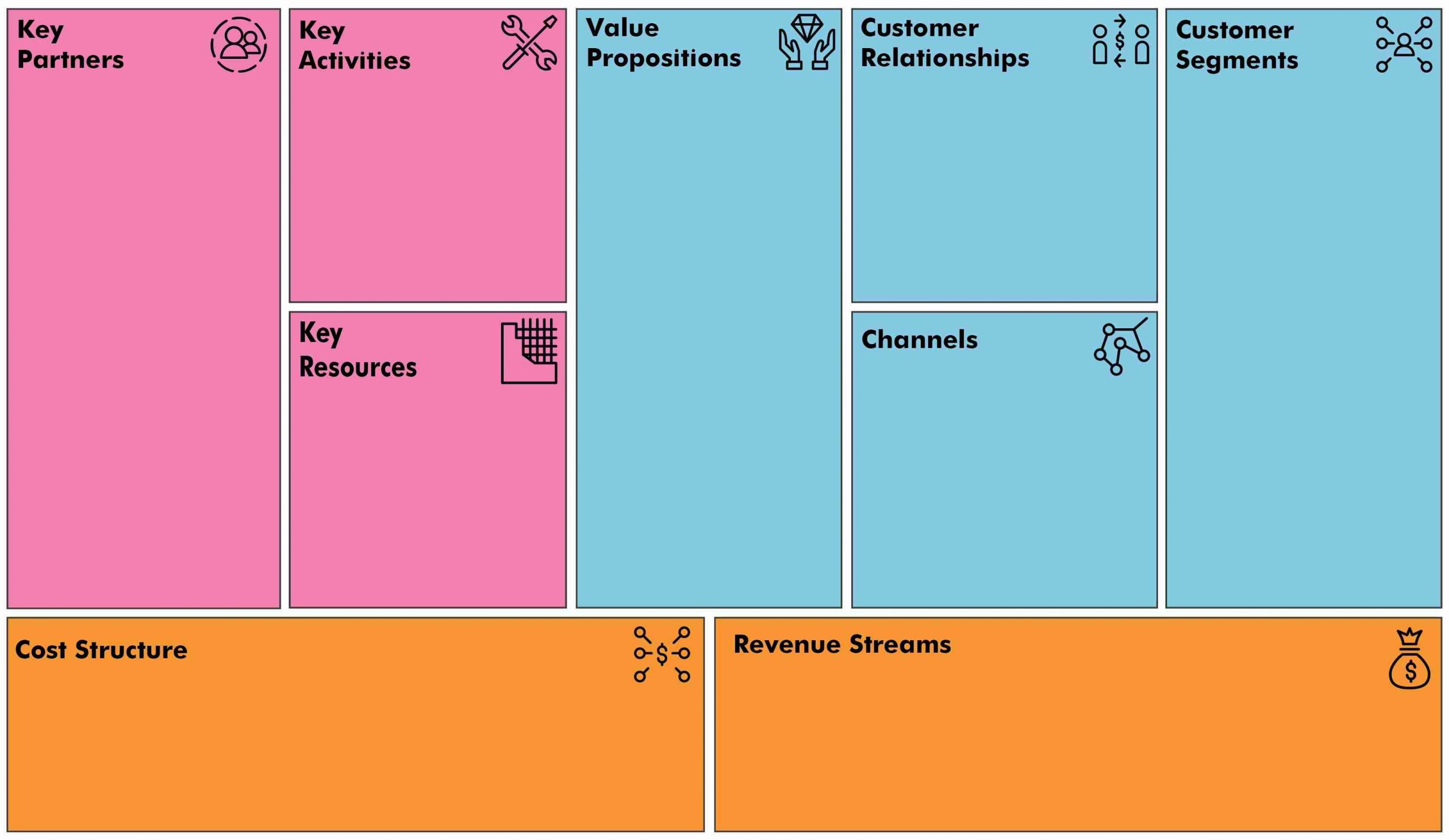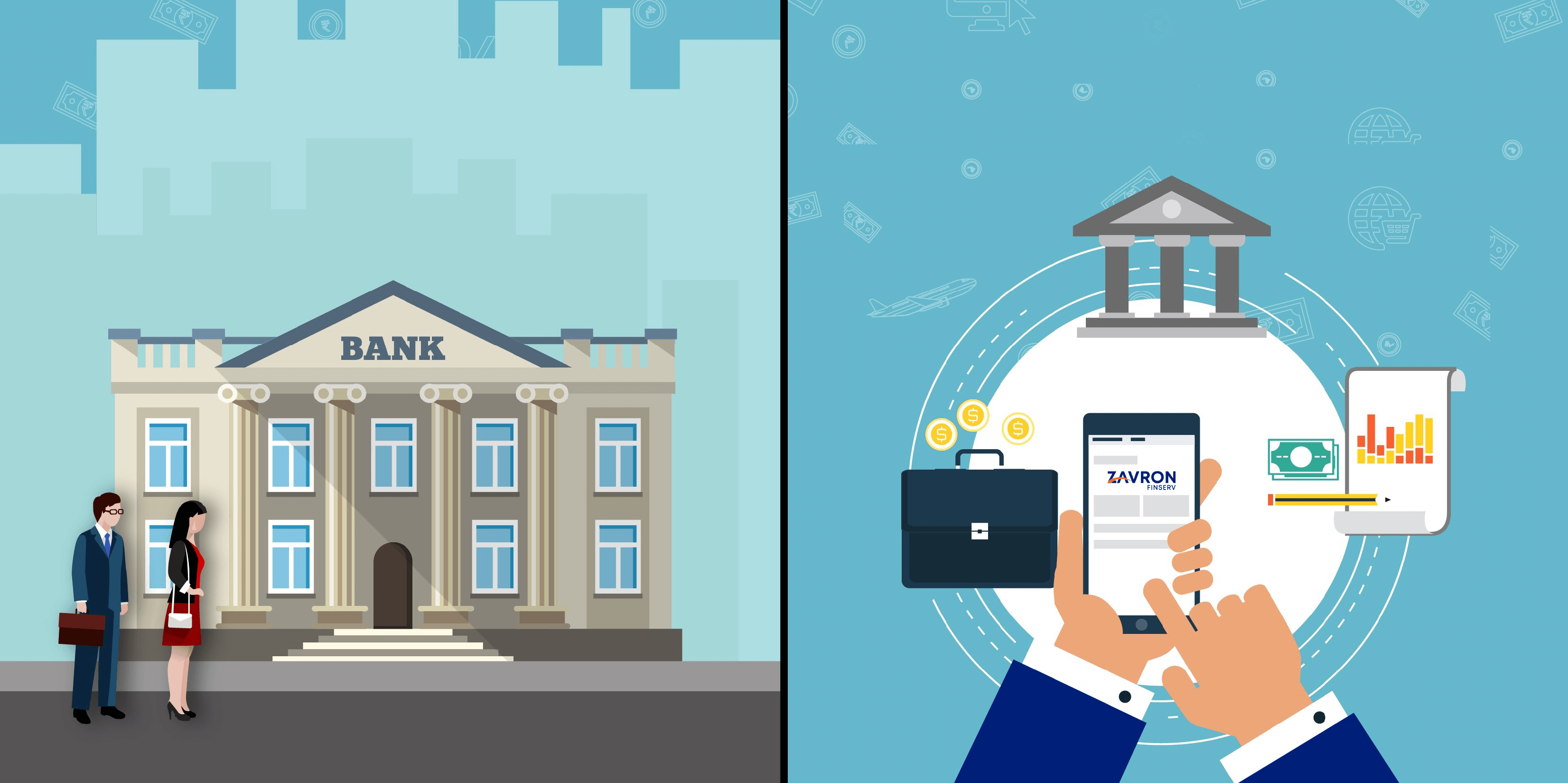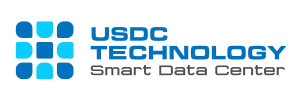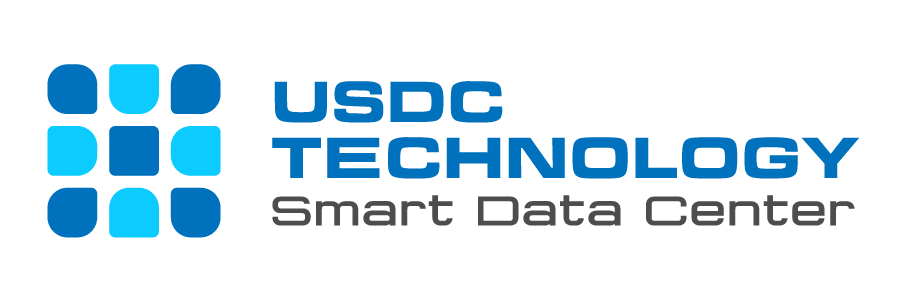Summary: There are numerous criteria to consider when selecting data center solutions from data security to scalability, energy efficiency to cost-effectiveness.
However, what you truly need, first and foremost, are the pivotal criteria that financial organizations consider when selecting data center solutions. These criteria should be the prerequisites for each financial sector your business operates in simply because each business model will have different priority criteria.
Let’s dissect these 6 criteria alongside 8 finance business models. This will empower your finance business to conduct comparisons with data center solutions, encompassing Colocation Data Centers, Enterprise Data Centers, Modular Data Centers, and Hybrid Clouds.
Once you’ve established a more distinct comparison, the next step is to make informed decisions about data center solutions.
Table of contents
I. 8 business models in finance industry (you need to know)
II. 6 Criteria for Choosing a Data Center Solution
III. Smart Data Center Solutions: Aligning Criteria with Solutions
IV. Determining Which Criteria Matter Most for Your Business: Step-by-Step
I. Various business models in finance industry (you need to know)

Let’s go through the 8 business models of financial businesses. Through these various business models, we can understand how these companies create value compared to your company.
Additionally, it helps us grasp the competitive factors within each business model, contributing significantly to optimizing revenue opportunities. Alongside this understanding, we’ll explore the basic data center demand required to establish a competitive advantage for these businesses.
Here are some of the common types of business models seen in the finance sector
Fintech Startups

- Business Model: Fintech startups often employ a technology-driven business model. They create innovative financial products or services, such as mobile payment apps or peer-to-peer lending platforms, and generate revenue through transaction fees, subscription models, or partnerships with established financial institutions.
- Example: Stripe – A fintech startup, provides online payment processing solutions for businesses.
- Competitive Edge: Innovation and Technology; User experience; Compliance and regulations
- Basic Demand for Data Center Solutions: Fintech startups require data centers to store and process large volumes of financial transaction data securely. They also need reliable infrastructure to ensure their online services are available 24/7.
Commercial Banks

- Business Model: Commercial banks primarily operate on a traditional banking business model. They accept deposits from customers and provide loans and credit services. Their revenue comes from the interest spread between the rates they offer for deposits and those they charge for loans. Additionally, they may charge fees for various banking services.
- Example: JPMorgan Chase is one of the largest commercial banks in the United States.
- Competitive Edge: Interest Rates; Customer Service; Financial Products
- Basic Demand for Data Center Solutions: Commercial banks rely on data centers to manage customer accounts, process transactions, and ensure the security of sensitive financial data. Data center solutions are essential for their day-to-day operations
Insurance Companies

- Business Model: Insurance companies offer various insurance products to individuals and businesses, providing financial protection against risks and losses.
- Example: Allstate is a well-known insurance company offering auto, home, and life insurance.
- Competitive Edge: Pricing and Underwriting; Claims Processing; Customer Engagement
- Basic Demand for Data Center Solutions: Insurance companies need data centers to store customer policy data, process claims, and assess risk. Data center solutions help manage the vast amounts of data involved in the insurance industry.
Asset Management Companies
- Business Model: Asset management companies follow a fee-based business model. They manage investment portfolios on behalf of clients and charge fees based on the assets under management (AUM) or the performance of the managed portfolios. Some may also offer commission-based services.
- Example: BlackRock is one of the world’s largest asset management firms.
- Competitive Edge: Investment Performance; Fees; Market Research and Analysis
- Basic Demand for Data Center Solutions: Asset management companies require data centers to store and analyze financial market data, manage client portfolios, and execute trades efficiently.
Securities Trading Firms
- Business Model: Securities trading firms primarily operate as market makers or brokers. They make money through the buying and selling of financial instruments, earning spreads on transactions, and charging commissions or fees for their services. Some may engage in proprietary trading, where they trade for their own accounts to generate profits.
- Example: Goldman Sachs is a prominent securities trading firm.
- Competitive Edge: Execution Speed; Access to Markets; Risk Management
- Basic Demand for Data Center Solutions: These firms rely on high-speed data centers to execute trades quickly and securely. Low latency and real-time data processing are critical for their operations.
Payment Processing Companies

- Business Model: Payment processing companies generate revenue through transaction fees. They charge merchants a fee for processing electronic payments, such as credit card transactions. Some may also offer value-added services and charge additional fees for fraud prevention, currency conversion, and analytics.
- Example: PayPal is a leading payment processing company.
- Competitive Edge: Transaction Fees; Security and Fraud Prevention; Global Reach
- Basic Demand for Data Center Solutions: Payment processors need data centers to handle the massive volume of transactions securely and provide uninterrupted service to customers.
Investment Fund Management Companies
- Business Model: Investment fund management companies operate on a fee-based model. They create and manage investment funds, such as mutual funds or exchange-traded funds (ETFs). They charge fees based on the assets under management (AUM) and may also earn management fees from the funds they manage.
- Example: Vanguard is a well-known investment fund management company.
- Competitive Edge: Investment Strategy; Fees; Transparency
- Basic Demand for Data Center Solutions: These companies use data centers to monitor and optimize their investment portfolios, process investor transactions, and maintain data security.
Financial Advisory Companies
- Business Model: Financial advisory companies offer advisory and wealth management services. They typically charge fees for financial planning, investment advice, and portfolio management. Some may also earn commissions for selling financial products like insurance or investment products.
- Example: Merrill Lynch offers financial advisory services.
- Competitive Edge: Financial Expertise; Customer Relationships; Diversified Services
- Basic Demand for Data Center Solutions: Data centers are essential for managing client financial information, conducting financial analysis, and ensuring secure communication between advisors and clients.
These competitive factors and data center demands reflect the unique challenges and opportunities within each segment of the financial industry. When choosing a data center solution, considering the business models, competitive advantages, and understanding the priorities of the company is essential to ensure that the chosen solution aligns with the company’s strategic objectives ( Deloitte, 2020). This helps optimize costs and ensures that the data center system effectively supports the company’s operations. However, it’s also crucial to take into account other factors such as data security, readiness for emergency situations, and regulatory compliance when making the final decision.
II. 6 Criteria for Choosing a Data Center Solution
These criteria serve as essential guidelines for financial institutions to select data center solutions that align with their specific operational requirements and regulatory obligations. By prioritizing these factors, financial businesses can ensure the reliability, security, and performance of their data infrastructure.
1. Data Security
- What is it: Data security refers to the protection of sensitive information from unauthorized access, disclosure, alteration, or destruction. It encompasses measures like encryption, access controls, and cybersecurity protocols.
- Why it is pivotal in finance sector: The finance sector deals with highly sensitive financial data and personal information. Data breaches can lead to severe financial and reputational damage. Business models such as Commercial Banks, Insurance Companies, and Payment Processing Companies need to prioritize data security to maintain trust and regulatory compliance.
2. Redundancy and Continuity Assurance:
- What is it: Redundancy and continuity assurance involve having backup systems and processes in place to ensure uninterrupted operations, even in the event of hardware failures or disasters.
- Why it is pivotal in the finance sector: Financial institutions cannot afford downtime. In the event of system failures, downtime can result in significant financial losses and damage to customer trust. According to a report by the Ponemon Institute titled “Cost of Data Center Outages,” the average cost of a data center outage in 2020 was approximately $740,357 per incident. This figure includes both direct and indirect costs.
Business models like Securities Trading Firms and Payment Processing Companies heavily rely on redundancy and continuity measures to ensure continuous service availability.
3. Performance and High Availability
- What is it: Performance and high availability involve maintaining optimal system performance and ensuring systems are consistently operational.
- Why it is pivotal in the finance sector: High-frequency trading and real-time transaction processing require minimal latency and high availability. Securities Trading Firms, Investment Fund Management Companies, and Payment Processing Companies depend on these criteria for their core operations.
4. Customization and Data Management
- What is it: Customization and data management involve tailoring the data center solution to meet specific business needs and effectively managing data storage, retrieval, and processing.
See how USDC Tech help business in finance sector carefully assess business needs and offer customized data center solution with their customer-centric approach - Why it is pivotal in the finance sector: Financial businesses have unique data handling requirements. Asset Management Companies and Investment Fund Management Companies, for instance, need customized solutions to manage and analyze large volumes of financial data effectively.
5. Regulatory Compliance and Standards Adherence
- What is it: Regulatory compliance entails adhering to industry-specific regulations and standards to ensure data protection, transparency, and legal compliance.
- Why it is pivotal in the finance sector: The finance sector is highly regulated, with strict data protection and reporting requirements. Commercial Banks, Insurance Companies, and Investment Fund Management Companies must comply with these regulations to avoid legal repercussions.
6. Easy Integration and Connectivity
- What is it: Easy integration and connectivity involve the seamless integration of the data center solution with existing systems and networks.
- Why it is pivotal in the finance sector: Financial businesses often have complex IT infrastructures. Fintech Startups and Payment Processing Companies, in particular, rely on the ability to integrate with various financial platforms and networks for their services to function effectively.
Wait for it, here comes the best part of this article one you definitely won’t want to overlook
We’re looking at the way to select optimal data center solution that strikes the perfect balance between cost-effectiveness and the assurance of meeting other vital criteria for an efficient and highly-secured data infrastructure
III. Smart Data Center Solutions: Aligning Criteria with Solutions
1. Why Smart Data Center matters more than Technologically advanced Data Center
The “opulence” of a data center may be visually appealing, but what truly matters for financial institutions is the ability of the data center to meet their specific operational needs.
Smart data center solutions are purpose-built to address the unique challenges and requirements of the financial sector, providing the necessary security, reliability, scalability, and efficiency to support their critical operations . Simultaneously, Smart approach helps control costs in an intelligent manner.
2. What makes ” Smart” Data center
Smart data centers are not just technologically advanced. A smart data center is characterized by its adaptability, efficiency, and the ability to leverage advanced technologies for streamlined operations. It integrates automation, real-time monitoring, and data analytics to optimize resource allocation and energy consumption. They are also aligned with the specific criteria that financial institutions require for uninterrupted and secure operations such as Physical Security, level of data encryption, financial industry regulations, such as GDPR, PCI, DSS, Uptime Percentage, PUE, analytics capabilities for optimizing resource utilization, Recovery Time Objective (RTO), Recovery Point Objective (RPO), and many more.
3. Data Center solution comparison: Colocation Data Center, Modular Data Center, Enterprise Data Center, Hybrid – Cloud
A. Fintech Startups
|
Data Center Solutions |
Pros |
Cons |
Prioritized Criteria |
|
Enterprise Data Center |
Full control, customized infrastructure. |
High initial costs, scalability challenges. |
Control, Customization |
|
Colocation Data Center |
Cost-effective, access to advanced infrastructure. |
Limited control. |
Cost-Effectiveness, Access to Infrastructure |
|
Modular Data Center |
Scalable, rapid deployment. |
May require integration efforts. |
Scalability, Rapid Deployment |
|
Hybrid Cloud |
Flexibility to combine on-premises control with cloud scalability. |
Integration complexity and management. |
Flexibility, Integration Management |
B. Commercial Banks
|
Data Center Solutions |
Pros |
Cons |
Prioritized Criteria |
|
Enterprise Data Center |
High security, tailored infrastructure. |
High initial investment. |
Security, Tailored Infrastructure |
|
Colocation Data Center |
Cost-effective, security features. |
Limited customization. |
Cost-Effectiveness, Security Features |
|
Modular Data Center |
Scalable, energy-efficient. |
May have space constraints. |
Scalability, Energy Efficiency |
|
Hybrid Cloud |
Enhanced security of private data alongside scalability. |
Management complexity and potential latency. |
Security of Private Data, Scalability |
C. Insurance Companies
|
Data Center Solutions |
Pros |
Cons |
Prioritized Criteria |
|
Enterprise Data Center |
Enhanced data security, control. |
High operational costs. |
Data Security, Control |
|
Colocation Data Center |
Cost-effective, reliable infrastructure. |
Limited control. |
Cost-Effectiveness, Reliability |
|
Modular Data Center |
Scalability, energy efficiency. |
Initial setup challenges. |
Scalability, Energy Efficiency |
|
Hybrid Cloud |
Secure data handling, cost-effective data storage. |
Initial setup complexity and potential data transfer costs. |
Secure Data Handling, Cost-Effective Data Storage |
D. Asset Management Companies
|
Data Center Solutions |
Pros |
Cons |
Prioritized Criteria |
|
Enterprise Data Center |
Data control, compliance. |
High capital expenditure. |
Data Control, Compliance |
|
Colocation Data Center |
Cost-effective, connectivity. |
Limited customization. |
Cost-Effectiveness, Connectivity |
|
Modular Data Center |
Scalable, quick deployment. |
Integration complexity. |
Scalability, Quick Deployment |
|
Hybrid Cloud |
Compliance with data regulations, flexibility in scaling. |
Integration complexity. |
Compliance, Scalability |
E. Securities Trading Firms
|
Data Center Solutions |
Pros |
Cons |
Prioritized Criteria |
|
Enterprise Data Center |
Low latency, control. |
High costs. |
Low Latency, Control |
|
Colocation Data Center |
Proximity to exchanges, reliability. |
Limited control. |
Proximity to Exchanges, Reliability |
|
Modular Data Center |
Scalability, energy efficiency. |
Initial setup challenges. |
Scalability, Energy Efficiency |
|
Hybrid Cloud |
Low-latency data processing, scalability for peak trading. |
Initial setup complexity and potential connectivity issues. |
Low-Latency Data Processing, Scalability for Trading |
F. Payment Processing Companies
|
Data Center Solutions |
Pros |
Cons |
Prioritized Criteria |
|
Enterprise Data Center |
Security, customization. |
High upfront expenses. |
Security, Customization |
|
Colocation Data Center |
Cost-effective, reliability. |
Limited control. |
Cost-Effectiveness, Reliability |
|
Modular Data Center |
Scalability, rapid deployment. |
Integration complexity. |
Scalability, Rapid Deployment |
|
Hybrid Cloud |
Security for payment data, scalability for processing. |
Integration complexity. |
Payment Data Security, Scalability for Processing |
G. Investment Fund Management Companies
|
Data Center Solutions |
Pros |
Cons |
Prioritized Criteria |
|
Enterprise Data Center |
Control, compliance. |
Capital-intensive. |
Control, Compliance |
|
Colocation Data Center |
Cost-effective, connectivity. |
Limited customization. |
Cost-Effectiveness, Connectivity |
|
Modular Data Center |
Scalable, energy-efficient. |
Initial setup complexity. |
Scalability, Energy Efficiency |
|
Hybrid Cloud |
Regulatory compliance, flexibility to scale. |
Integration complexity and management. |
Regulatory Compliance, Scalability |
H. Financial Advisory Companies
|
Data Center Solutions |
Pros |
Cons |
Prioritized Criteria |
|
Enterprise Data Center |
Data control, security. |
High operational costs. |
Data Control, Security |
|
Colocation Data Center |
Cost-effective, reliable infrastructure. |
Limited customization. |
Cost-Effectiveness, Reliability |
|
Modular Data Center |
Scalability, quick deployment. |
Integration challenges. |
Scalability, Quick Deployment |
|
Hybrid Cloud |
Data security, agility to serve client needs. |
Integration challenges and potential latency. |
Data Security, Agility for Client Needs |
IV. Determining Which Criteria Matter Most for Your Business: Step-by-Step
USDC Technology has established itself as a prominent data center and cloud solution provider for financial enterprises. Our core philosophy, embedded in every solution we offer, revolves around “SMART” principles. Enhancing cost-effectiveness and operational efficiency are what makes ” SMART ” in their core value.
What’s even more intriguing is that USDC Technology provides complimentary consultation services and offers a comprehensive e-book guide to help you systematically identify the criteria that are most relevant to your business needs.
Let’s engage in a conversation now !


